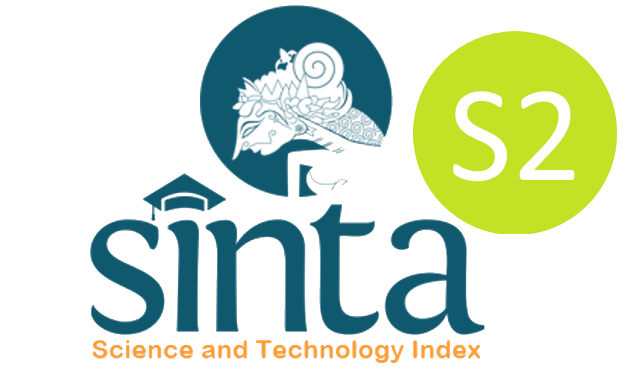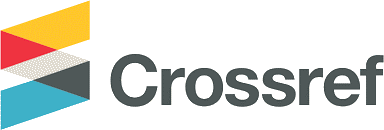Abstract
The Covid-19 pandemic changes the way employees work, and the use of technologies to support their work is increasing. The aim of this study is to investigate whether technologies can harm employee satisfaction and performance. The hypothesis developed stated, that the technostress creator predicted each individual role performance differently. Job satisfaction also became a mediator, whereas the technostress inhibitor was a moderator of the relationship between the technostress creator and job satisfaction. Two hundred and forty-four online responses were collected from employees in cities during the Covid-19 pandemic. Technostress (Ragu-Nathan et al., 2008), job satisfaction (Hackman & Oldham, 1976), and individual work performance (Griffin et al., 2007) questionnaires were used. The data were analyzed using path analysis. The results suggested that the technostress creator only statistically predicted individual task proficiency (ß = –0.124, SE = 0.060, and p = 0.039) and proactivity (ß = 0.134, SE = 0.060, and p = 0.026). The results found no effects from the mediator or moderator on the prediction of job satisfaction and individual role performances. Therefore, the technostress creator only increased employee stress if the technologies used disrupted their work. However, to some extent, the technostress creator can increase employee innovation when finishing work.
Recommended Citation
Mustika, Martina Dwi; Handoko, Archifihan Millenadya; Mamoen, Hasna Azzahra; Siahaan, Debora Uliana; and Yasyfin, Aunia
(2021)
"Your Gadgets, Stress, and Performance: The Influence of Technostress on Individual Satisfaction and Performance,"
Psychological Research on Urban Society: Vol. 4:
No.
2, Article 2.
DOI: 10.7454/proust.v4i2.113
Available at:
https://scholarhub.ui.ac.id/proust/vol4/iss2/2








